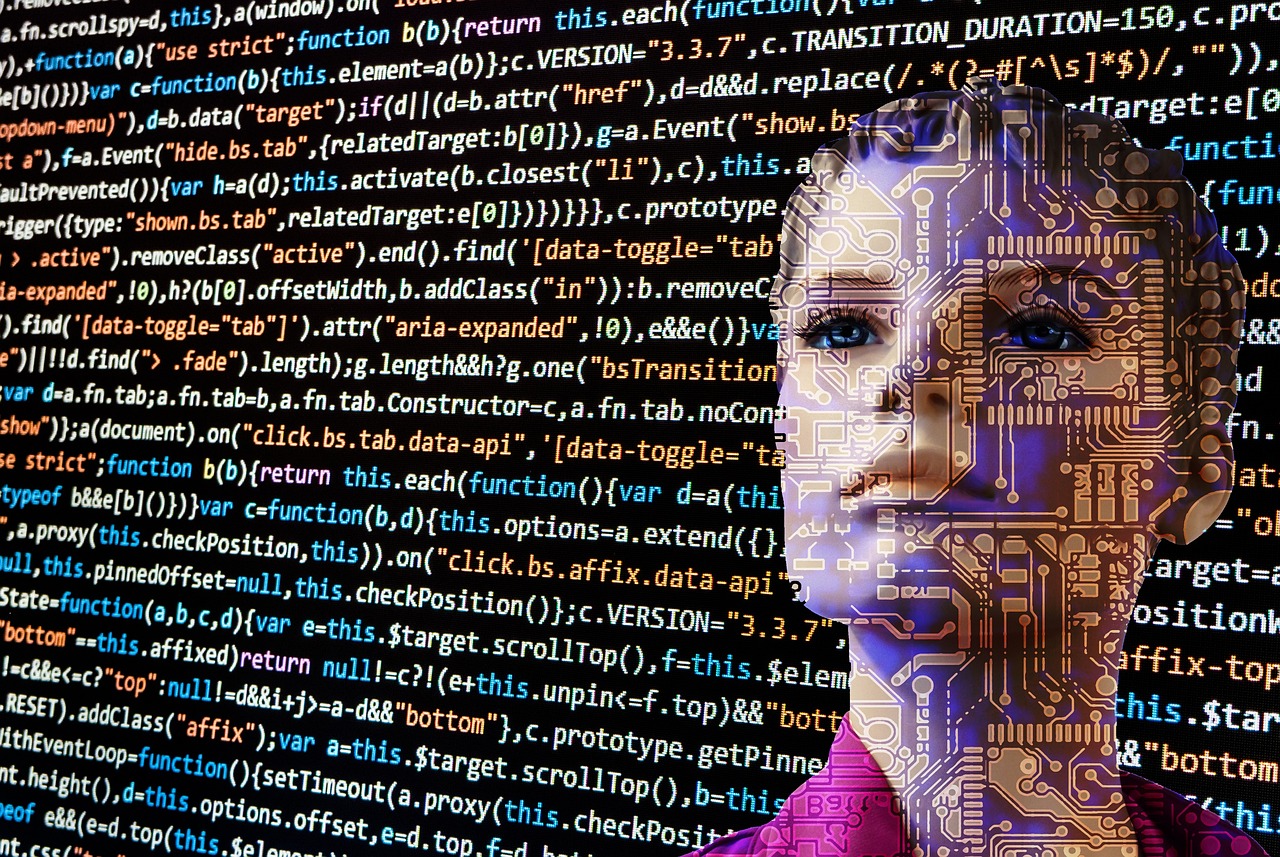Google Cloud has said that if customers using its AI products are challenged on copyright grounds, it will take responsibility for the potential legal risks involved.
The tech giant said that its customers can expect it to cover claims made against companies using its GenAI tools, including copyright infringement, regardless of whether they stem from the generated output or its own use of training data used to develop the technology.
The move comes after the tech giant embedded its AI-based assistant Duet AI across its products and made “major advancements" to Vertex AI which enable customers to experiment and build with GenAI foundation models.
The company said that GenAI intellectual property indemnity has been a “key area of interest” for its customers.
Google Cloud says that it is offering two-pronged AI indemnity protections; the first which relates to its use of training data, while the second specifically covers generated output of foundation models.
"Taken together, these indemnities provide comprehensive coverage for our customers who may be justifiably concerned about the risks associated with this exciting new frontier of generative AI products," it said. "While these indemnities provide powerful protections, we are also committed to maintaining an ongoing dialogue with our customers about other specific use cases that may need coverage."
Google recently made Duet AI, the company's AI-driven assistant for content creation and meetings, available across its suite of Google Workspace apps.
Since its launch May, Google said thousands of companies and more than a million testers have used Duet AI, which can be used to take meeting notes and develop images and text for documents.
The technology will span various Google applications, including conferencing app Google Meet, where it aims to help users “look and sound their best” with the addition of ‘studio look’, ‘studio lighting’, and ‘studio sound’.
Latest News
-
FDA announces aggressive timeline for AI deployment across agency
-
Klarna CEO prioritises hiring over AI
-
NCSC CTO says quantum security transformation ‘makes fixing the Millenium Bug look easy’
-
Bain Capital data centre business sale ‘valued at over $4bn’
-
Amazon automates tech in European delivery stations
-
Co-op 'diverts goods' to remote stores following cyber-attack to avoid shortages
Bringing Teams to the table – Adding value by integrating Microsoft Teams with business applications
A decade ago, the idea of digital collaboration started and ended with sending documents over email. Some organisations would have portals for sharing content or simplistic IM apps, but the ways that we communicated online were still largely primitive.
Automating CX: How are businesses using AI to meet customer expectations?
Virtual agents are set to supplant the traditional chatbot and their use cases are evolving at pace, with many organisations deploying new AI technologies to meet rising customer demand for self-service and real-time interactions.
© 2019 Perspective Publishing Privacy & Cookies











Recent Stories